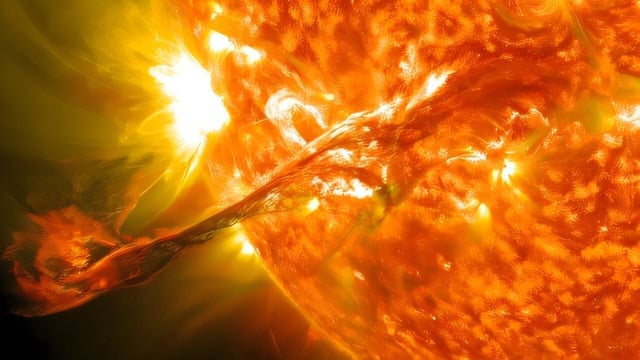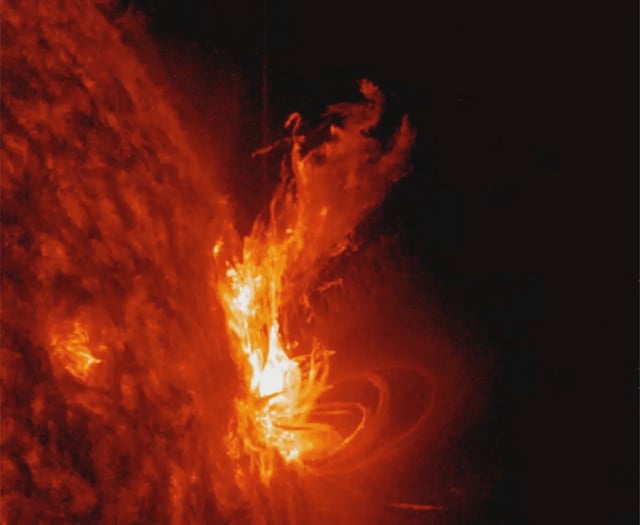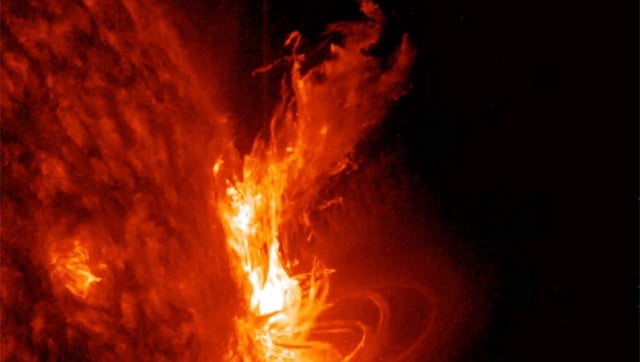Overview
- Published in Communications Medicine, the INPE-led analysis examined 1,340 myocardial infarction hospitalizations in São José dos Campos from 1998 to 2005 and incorporated the Kp-Index to classify geomagnetic conditions.
- Researchers found that heart attacks occurred more often on geomagnetically disturbed days, with women showing a higher relative frequency than during calm periods.
- Women aged 31 to 60 showed the strongest signal in the study, with up to a threefold increase in relative frequency on disturbed days compared with calm days.
- The authors emphasize that the findings are correlational, mechanisms are uncertain, and broader, multi-site studies are needed before any clinical or public‑health guidance changes.
- Prior work has reported physiological and population-level links between geomagnetic activity and cardiovascular measures, and interest is elevated during the recent solar maximum as forecasting of disturbances remains imprecise.



